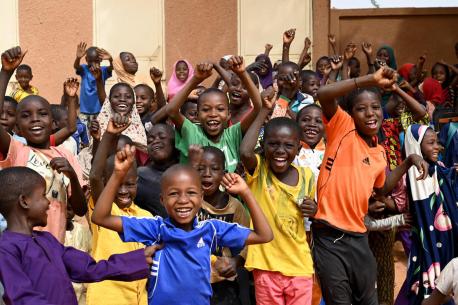
UNICEF in Niger
Climate change impacts and political instability are driving humanitarian needs in Niger. What UNICEF is doing to help save and protect children and families.
Crisis for children in Niger
Niger, a landlocked West African nation with a population of 27 million, is facing a host of new humanitarian challenges in the wake of civil unrest and related events in July 2023. Political instability, sanctions and border closures are making it difficult to get humanitarian aid through.
The ongoing crisis has made an already dire situation worse for a nation where severe child malnutrition was already prevalent.
Climate change impacts have created long-term challenges. More than 10 million people — nearly 42 percent of the population — live in extreme poverty. The country has a high unemployment rate and lacks any type of social safety net for struggling families.
Needs in Niger mounting due to conflict, climate shocks
With three-quarters of its territory located in the Saharan desert, Niger has long been on the front lines of the climate crisis. The rainy season no longer brings much water — less than 10 inches per year for the past three. There have been severe droughts, flooding, forest fires, crop diseases, locusts and epidemics.
At and around its borders, Niger faces an ongoing refugee crisis. Conflicts between armed groups in neighboring Burkina Faso, Libya, Mali and Nigeria have destabilized the region, displacing more and more people. Refugees and migrants continue to arrive in Niger from these areas in conflict, straining host communities.
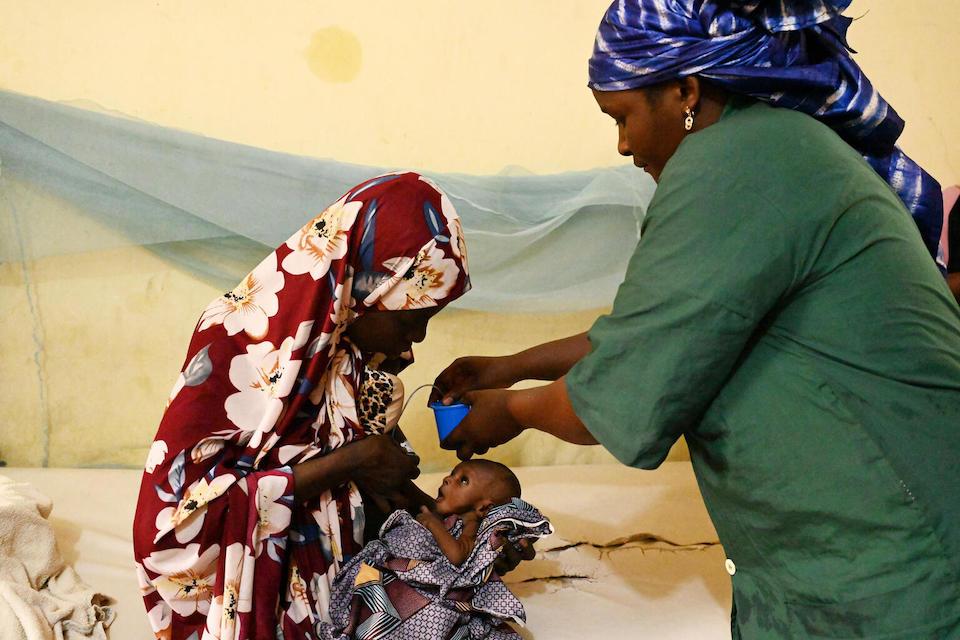
Even before the political upheaval and related events of mid 2023, UNICEF was projecting 1.3 million people in Niger in need of emergency water, sanitation and hygiene services, and an estimated 400,000 children in danger of missing school due to insecurity and flood damage.
An estimated 2.7 million people are food insecure, with 1.3 million children under the age of 5 at risk of malnutrition — including more than 430,000 who are at risk of severe acute malnutrition, which is life-threatening if not treated promptly.
“This figure is likely to rise if food prices continue to spike and an economic downturn hits families, households and incomes,” UNICEF Representative in Niger Stefano Savi warned in August 2023. “The crisis unfolding in the Republic of Niger continues to pose an ever greater danger for millions of vulnerable children in the country."
How UNICEF is helping children in Niger
Humanitarian access to children and families in need remains challenging in Niger. Faced with border closures and other supply chain disruptions, UNICEF teams remain on the ground, figuring out how to deliver essential support.
Some of that support has been able to get through. By mid 2023, UNICEF shipped Ready-to-Use Therapeutic Food (RUTF) to 1,300 health centers, enough to treat 100,000 severely malnourished children in the coming months.
But more RUTF is needed, along with other health supplies and equipment.
With electricity in short supply — and 95 percent of the health system’s cold chain infrastructure dependent on electricity — UNICEF is working to secure stocks of childhood vaccines and unravel logistical bottlenecks.
“The current situation is of great concern and adds a heavy burden to an already dire humanitarian landscape,” Savi said.
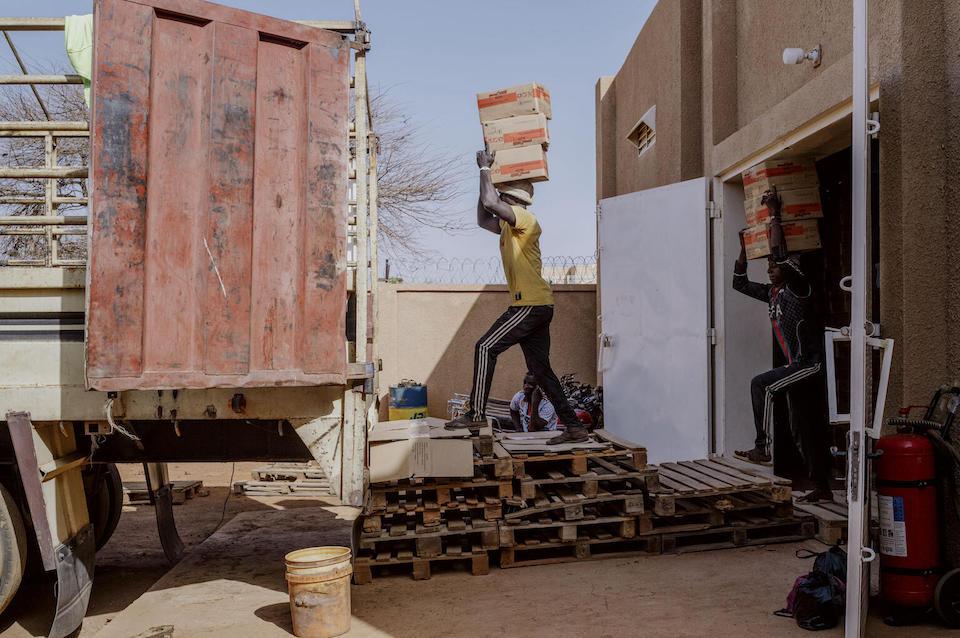
From mobile health units to Child-Friendly Spaces
Ongoing programs in Niger focus on strengthening access to essential services. UNICEF and partners are:
- dispatching mobile health units to areas along the Mali border to provide immunizations against COVID-19 and other preventable diseases, and treatment for malaria, pneumonia and other illnesses
- building capacities within the local health system to provide care; for example, 19 biomedical technicians and 32 multi-skilled maintenance operators from the country’s eight regions were recently trained in the monitoring and maintenance of oxygen concentrators
- registering displaced children and providing them with psychosocial support at Child-Friendly Spaces
- supporting children's education by providing school supplies and tents for temporary learning spaces, and by rehabilitating and rebuilding classrooms damaged by fighting or natural disasters
- implementing a cash transfer program to help close to 27,000 households in 19 municipalities meet basic needs
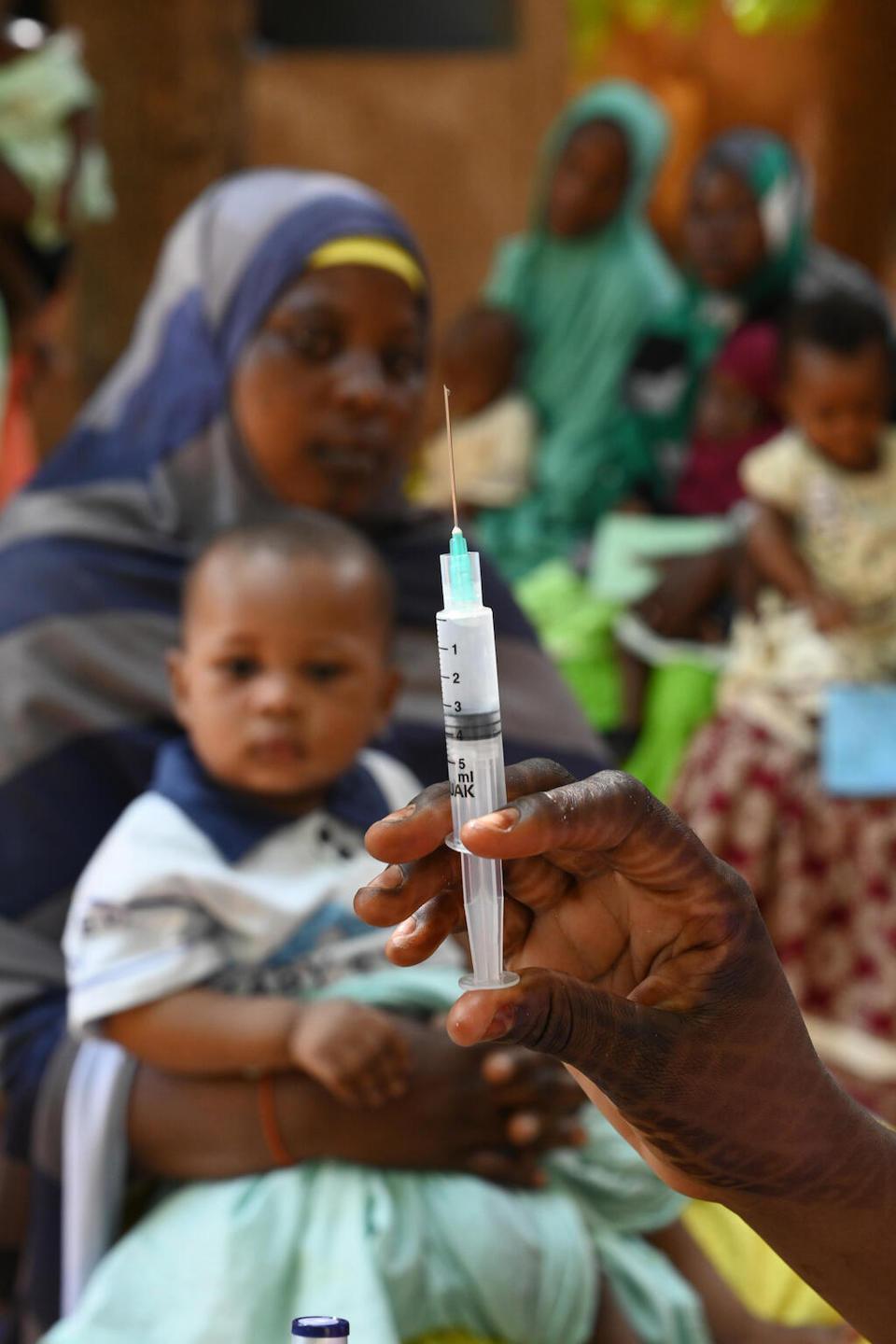
Working in communities to safeguard children's rights
UNICEF also supports national and community efforts to address harmful gender norms and to prevent child marriage through community mobilization. This entails working at the community level with adolescents, religious and traditional leaders, community and women’s organizations and schools.
In Niger, 3 in 4 girls are married before age 18, and 1 in 4 before age 15.
Fatoumata was only 12 years old when her father told her he wanted to marry her off to a cousin in a remote village. Her mother intervened, and with the help of UNICEF, she was able to escape the situation and now lives with her mother and grandmother.
“I remember, it was during the holidays, I was supposed to go to school but my dad said it was time to get married," Fatoumata recalled. "I didn't even understand what marriage meant at the time."
Her dream is to become a doctor. "I do want to get married one day," she says, "but after school and with a boy I choose myself."
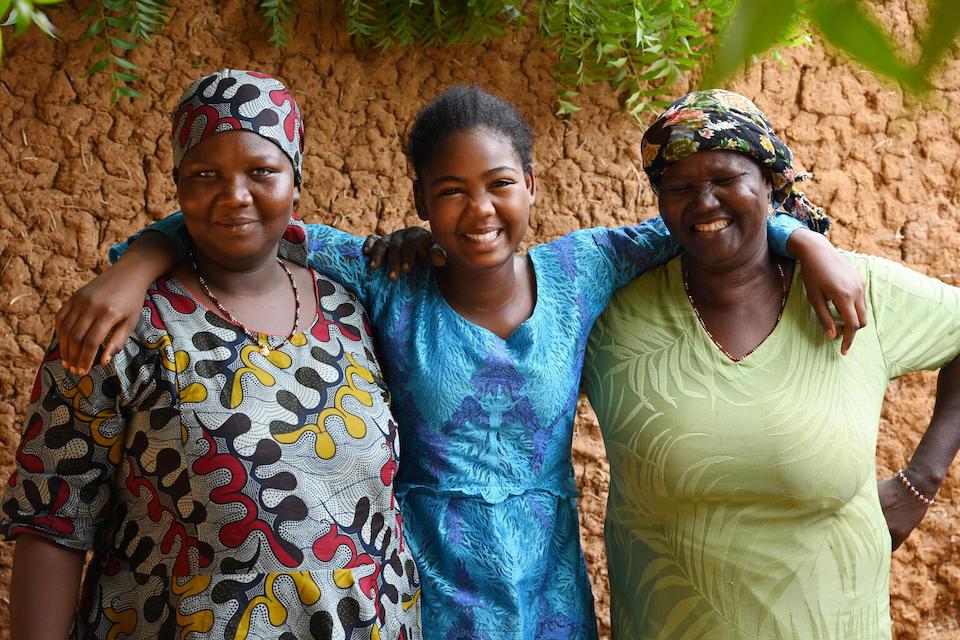
Learn more about what UNICEF is doing to help children grow up healthy, educated, respected and protected. Support UNICEF's mission. Your contribution makes a difference. Donate today.



